
DAWN OF A DYNASTY
The Life and Times of Infante Manuel of Castile
DAWN OF A DYNASTY
The Life and Times of Infante Manuel of Castile
RICHARD P. KINKADE
UNIVERSITY OF TORONTO PRESS
Toronto Buffalo London
University of Toronto Press 2020
Toronto Buffalo London
utorontopress.com
 Printed in Canada
Printed in Canada
ISBN 978-1-4875-0460-1
Printed on acid-free paper with vegetable-based inks.
Library and Archives Canada Cataloguing in Publication
Title: Dawn of a dynasty : the life and times of Infante
Manuel of Castile / Richard P. Kinkade.
Names: Kinkade, Richard P., author.
Description: Includes bibliographical references and index.
Identifiers: Canadiana 20190115459 |
ISBN 9781487504601 (hardcover)
Subjects: LCSH: Juan Manuel, Infante of Castile, 12821347. |
LCSH: Princes Spain Castile Biography. | LCSH: Authors,
Spanish To 1500 Biography. | LCSH: Castile (Spain) History
To 1500. | LCGFT: Biographies.
Classification: LCC DP134.8 .K56 2019 | DDC 946/.302092dc23
University of Toronto Press acknowledges the financial assistance to its publishing program of the Canada Council for the Arts and the Ontario Arts Council, an agency of the Government of Ontario.

Contents
Dawn of a Dynasty
The Life and Times of Infante Manuel of Castile
In 2006, as I began to work on the first new biography of Juan Manuel in nearly one hundred years, it was evident to me that no innovative study of the son could be attempted without previously establishing the historical and social context into which he was born. Specifically, the substantial territorial possessions and noble titles bequeathed to him by his father, Infante Manuel, progressively entangled him in a lifelong series of political struggles with his royal peers, which in turn inspired much of his unusual literary production during the following century. While the political implications seemed obvious, it was not clear how his literary production may have been profoundly influenced by the feudal relationships he inherited upon the death of his father in 1283. At that juncture, I assumed the limited material available on Infante Manuels life would only be sufficient to justify an introductory chapter presenting background information for the subsequent study of the life and times of his son; I was certainly not prepared to find anything of substance. In one of the few publications to address the issue until that time, an article published by Derek Lomax in 1982, the distinguished British historian of medieval Spain remarked that Infante Manuel was a rather gray figure ... who lived in the kings shadow and apparently never did anything of importance as an individual ... Nonetheless, the life and personality of Don Manuel are less known than they deserve to be, and although various historians mention him in passing, we have no in-depth study of him.a slow but relentless accumulation of territory and titles in the strategic Kingdom of Murcia, a buffer zone between the fiercely competitive kingdoms of Aragn and Castile.
Infante Manuels good fortune, however, was not only the result of his characteristic diligence and discretion but rather of a peculiar set of circumstances surrounding the relationship between Alfonso X and his brothers Fadrique, Enrique, and Felipe. Whereas the latter three were openly hostile and rebellious towards their older brother in their undisguised ambition to secure power and domains in the Peninsula, Infante Manuels steadfast loyalty to Alfonso was rewarded over three decades with, ironically, precisely those objectives the others had sought and failed to achieve. Assured of his youngest brothers fidelity and devotion, Alfonso endowed him with the tenancy of the very lands that his brothers had been denied and that, given their strategic location in the southeast between the kingdoms of Aragn, Valencia, Granada, and Castile, could only have been entrusted to one who enjoyed the utmost confidence of the Castilian monarch.
In the Libro de las armas, Juan Manuel recalls that his father had been promised the Kingdom of Murcia by his brother following the conquest of the city under the combined leadership of Jaime I of Aragn and Alfonso X. Queen Violante, Alfonsos wife, however, conspired against him, and he was instead given the city of Elche within a region the Moors call the Alhofra, that was always considered to be a separate kingdom and domain that owed allegiance to no king; and he was given it thus that he and Don Alfonso, his son, or any legitimate male heir, might inherit that kingdom and that it should be an entailed estate; and that my father and Don Alfonso, his son, and all those who might possess that kingdom, should consider their lineage and their estate as if they were kings; and they have always done so to this day (1.132). Though Juan Manuel attempts to create a mythical origin for his fathers acquisition of the fabled Alhofra, or the Tierra de Don Manuel, which he would later inherit, the historical facts are quite different.
The geographical dimensions of the region referred to by Juan Manuel and known variously in his time as the Seoro or Kingdom of Villena or Tierra de Juan Manuel were immense, stretching from Cuenca in the north to the city of Murcia in the south and occupying a politically sensitive region between Castile and Aragn. The area was, in fact, a patchwork quilt of small domains held variously by the bishoprics of Cuenca and Cartagena, the Military Orders of Santiago, Calatrava, the Hospital of St. John and Alcntara, all grouped around two political nuclei, the Tierra de Chinchilla and the Tierra de Alarcn. On the other hand, Infante Manuels domain, the Tierra de Don Manuel, ).
Following Infante Enriques rebellion in 1255 in which he plotted with Jaime I of Aragn to marry the kings daughter Constanza and, with Jaimes help, to carve out a realm for himself in the former Muslim kingdom of Niebla, Alfonso X retaliated by sending the rebel into exile and arranging to have Constanza marry Manuel instead. Given the political circumstances of the moment the competition between Aragn and Castile to subdue and settle the respective kingdoms of Valencia and Murcia, the constant threat posed by the kingdom of Granada, and the persistent risk of yet another invasion by the Marinids of North Africa it must have occurred to Alfonso X that a buffer zone in the southeast between the three kingdoms was a practical and highly desirable design. Even as Enrique had dreamed of establishing a kingdom in the southwest between the Algarve and Seville, Infante Manuel would steadily accrue the towns and territories to the north and south of Murcia that would eventually be inherited by his son Juan Manuel and would constitute the middle kingdom of Villena. Relying on his youngest brothers unswerving loyalty, the monarch first gave him Elda, acquired from the Order of Santiago, which he then ceded to Manuel in 1257. By 1266, Infante Manuel was the lord of Elche, Crevillente, Aspe, Elda, Petrer, Sax, the Valle de Ayora, and Villena, all of which were then known as the Tierra de Don Manuel.
However, the very nature of the domain, fashioned as it was from bits and pieces of former political and economic entities now owing allegiance to Infante Manuel and situated at a crucial intersection between the kingdoms of Aragn, Castile, and Granada, predestined it to an existence of conflict and dissension. Scarcely two years later, in 1264, the Mudjar uprising in Murcia forced Alfonso and Manuel to seek the support of their father-in-law Jaime I, whose timely intervention revealed the precarious nature of the region and government under Manuels tentative administration. It is at this particular juncture that Infante Manuel seems to have realized that if he hoped to preserve and expand his emergent kingdom, he would have to plan on greater personal involvement in the enterprise.
Next page
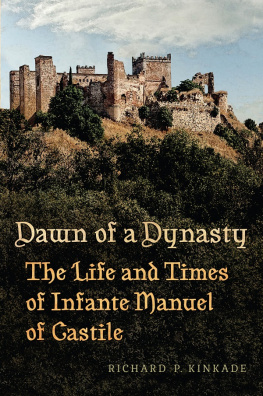
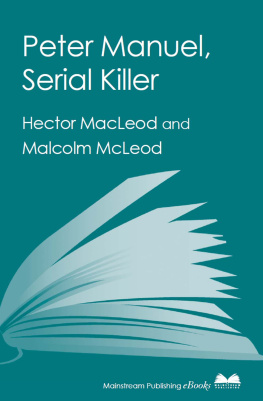

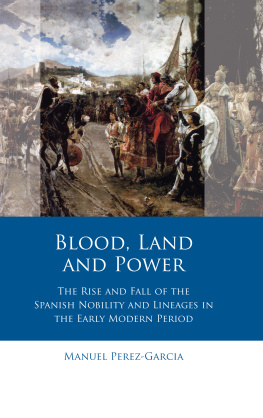

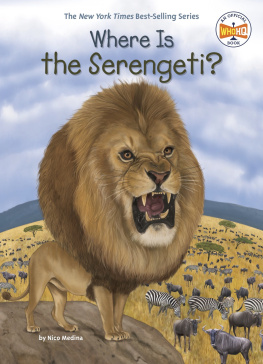

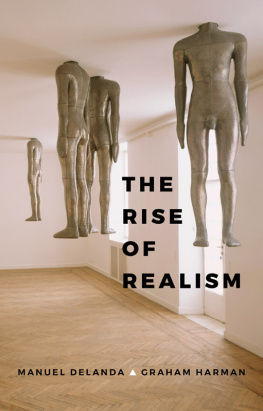
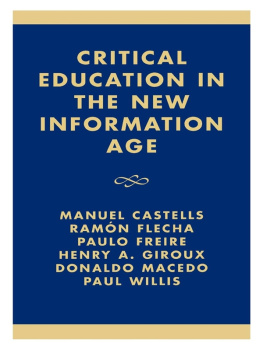


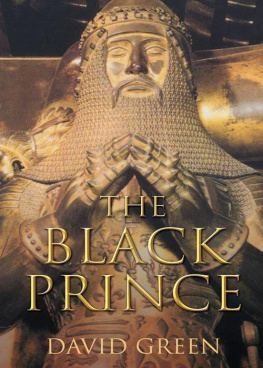

 Printed in Canada
Printed in Canada